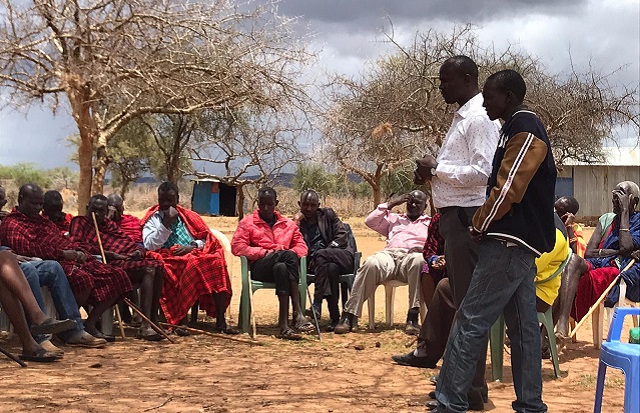
Kampala, Uganda | THE INDEPENDENT | LastMile, an initiative to train smallholder farmers in Africa on the prevention of animal diseases and leverage access to veterinary medicine, has reached more than 40,000 farmers in six countries.
The initiative aims to bridge the gap in access, availability, and awareness of animal healthcare solutions in hard-to-reach areas to ensure food security and livelihood for the local communities.
Launched in 2018, LastMile is an initiative by Boehringer Ingelheim, in partnership with the Global Alliance for Livestock Veterinary Medicines (GALVmed) and funded by the Bill & Melinda Gates Foundation (BMGF).
The initiative supports smallholder farmers in Kenya, Cameroon, Nigeria, Mali, Burkina Faso, and Ethiopia, and has enabled 56 product registrations in these countries as well as Uganda and Tanzania.
Tiago Teixeira, Project Lead for LastMile at Boehringer Ingelheim said LastMile initiative is a sustainable model for smallholder farmers with a positive impact on vulnerable communities.
“It supports our commitment towards improving the health and wellbeing of animals by increasing disease awareness and improving access to animal medicine,” Tiago said.
He said animal technicians from local communities play a crucial role in demonstrating product usage and providing education to smallholder farmers.
He said more than 20 animal technicians held close to 20,000 farm visits and consulted more than 17,000 agricultural retail shops on how to optimize product availability and shelving.
“Furthermore, during more than 8,600 visits to veterinarians, animal technicians provided them with information and training on prevention and treatment options,” he said.
Sub-Saharan Africa farmers have for decades lived with limited access and awareness of animal healthcare solutions leading to food insecurity and poor livelihood.
 The Independent Uganda: You get the Truth we Pay the Price
The Independent Uganda: You get the Truth we Pay the Price


